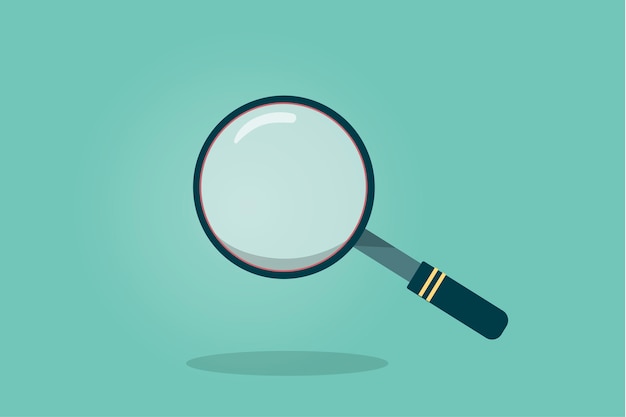
I have seen in the social media platforms that people are asking for which broker should I use? Which broker is best for me? Which broker provides the best forex bonus? blah, blah, blah…
How many of them are getting the perfect one? Probably some of them. But what about others? This post is for those who really are seeking a good broker and don’t know how to find them. Here are some simple steps–
- Consider Your Needs
Before looking at brokers, assess your own needs. Here are some things to consider:
Are you going to day trade a lot or a little?
Trade very small moves, or capture bigger moves?
If your day trades a lot and captures small moves, consider an ECN broker. You’ll pay a commission on trades but the spreads are much tighter, which matters when trading small moves. Search only for “ECN Forex Brokers.”
If you don’t think you’ll need an ECN broker, then you still have a big pool of potential brokers left.
If you’re going to do “scalp” trading, you’ll need an ECN broker.
How much capital do you have? With a small amount of capital, you have to trade micro-lots. If you have over $5,000 you can start day trading mini lots. Don’t open a standard lot account unless you have at least $50,000.
Choose a broker and account type (lot size) that matches your capital.
- What the Broker Should Offer
Now that you know what you want, and have hopefully narrowed the list of potential brokers, look for the following in the brokers you’re still considering.
No “dealing desk.” If you’re a day trader you want to be interacting directly with the market, and not sending your order to a trading desk which then initiates it in the market. That takes too much time, and often results in “re-quotes.” This is when the price has changed since you placed your order, and the broker asks you if you wish to proceed. Because of the time delay, your trade opportunity is likely gone.
Make sure your broker is regulated in a country with a well-established financial system. A forex broker regulated in Cyprus, for example, is better than no regulation, but you could still have problems. Pick brokers regulated by U.S., U.K., Canadian, Japanese, New Zealand, or Australian authorities, as examples.
Look for a broker that’s available when you need them. Open a demo account with brokers you are interested in, then send them lots of emails with questions. Monitor how fast and how thoroughly they respond. If the customer service isn’t good, eliminate that broker from the list of your potentials.
- Be Wary of “Losing Trader” Reviews
Part of your research in choosing a broker should be looking at written reviews of the broker as well as discussion forums.
Be wary of these though. Unless the information comes from a credible source, and most forums are not credible sources, you’re likely to find fake reviews, both positive and negative.
Most day traders will lose money, and since most traders can’t admit that to themselves, they blame others when it happens to them. Just because someone complains about losing money doesn’t make the broker they were using bad, even though the writer may blame the broker.
Look up what people are saying, but maintain objectivity. Lots of false information gets published with no credible reference.
- Personally Test out the Broker
Your list of potential brokers should be smaller now. But with so much false information out there, don’t make a decision yet. Instead, test out the brokers you are most interested in.
First, open a demo account and take note of the trading conditions. Your orders should execute instantly. Spreads should be tight and the platform stable, not crashing all the time.
If the demo works well for several weeks, then open a live account, with a fraction of the capital you intend to deposit. For example, if you have $10,000 to deposit, start by only putting in $1,000.
Trade the live account with your partial deposit for at least two weeks. During this time, continue to test customer support, asking them questions and assessing how quickly they respond.
- Avoid "Bonuses"
When you open a live account avoid any and all “bonuses” the forex broker may offer. Here’s an example: “Open a $1,000 account and get $100 in bonus cash!”
Nothing really comes for free. If you accept a bonus it may interfere with withdrawals, because some of the money in your account is now the broker’s money. Send an email with your account application that explicitly states you don’t want to take part in any bonuses that they have on offer.
In this way, you can find a reliable forex broker which really worthy. But, do you really trust market predictors like Pipswin? Do they really work out?
Please, make comments about what you feel!